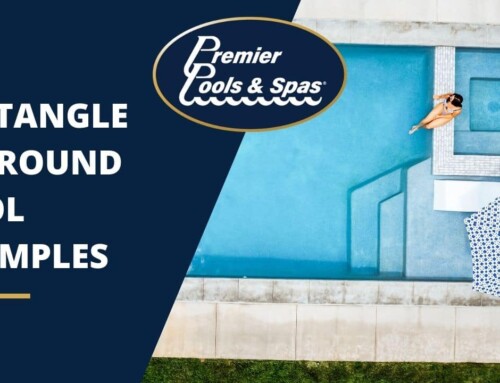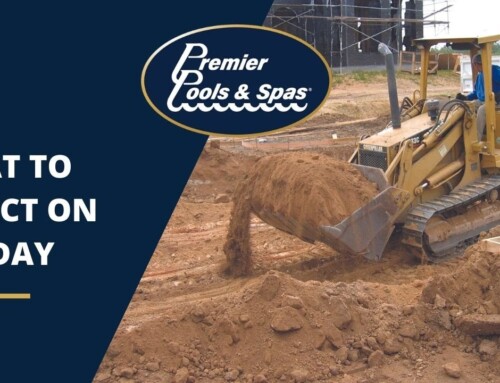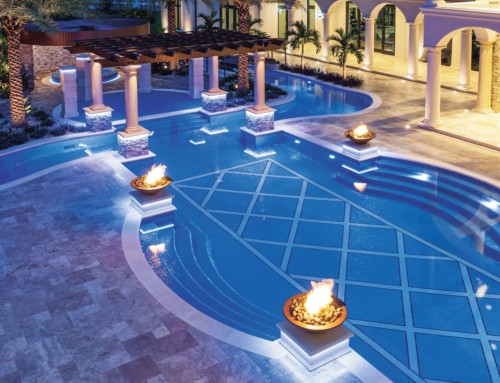You built a pool for lap swimming Phoenix but soon, you find leakage in it. What should you do now? Well, the answer is simple. Firstly, you need to detect the underlying cause of leakage and then, take corrective steps to fix it. With the right measures, you can patch up your pool and get ready to swim in it soon. Here are a few things you could do for leak detection:
Check with the Pool Equipment Running

Sometimes, there may be a pressure-side leakage in your swimming pool. When the filter pump is on, there is a pressure on the plumbing that opens smaller drips into spraying gushers. You should check the backwash line or waste for consistently running water. Also, check the weepers where there may be underground water leakage.
Check with Pool Equipment Turned Off
It is necessary to look for a suction-side leakage. Also, there may be leakage in the pipes bringing water from the pool. If you notice air in the pump basket or repeated build up in the filter tank, call the pool experts for a detailed inspection.
Check If the Leakage is Persistent
There may be persistent or non-stop leakage in your pool. Plumbing is definitely a major culprit but there are other causes as well. Look at the pool surface to find any cracks in the vinyl or plaster. Also, inspect the skimmer and tile line for water seepage before you go for lap swimming Phoenix.
The most common type of leakage is located in gaps between the concrete pool and plastic skimmer. Whenever you locate any crack in your pool, simply drop some test dye when the pump is shut off. Also, use underwater lights to detect the leakages, especially in the conduits running from light niches to junction box.
Check Leakages in Equipment Pad
Look carefully at equipment including pump, valves, filter, and heater to check for leakages. Look at the ground to see if there is any moisture. Also, run the pump on and off to check if there is any water spraying after turning the pump off. If you have a considerable loss of water level, it may be pointing to a faulty pump.
Check the Underground Pumping
Mostly, pool leakages aren’t in the underground plumbing. But, if it is, the issue must be handled only by the experts. Sometimes, leakage may occur in a pipe connector under the deck.
To check this leakage, you need to shut off the pump and get all the lines plugged. If the leakage persists, it’s not due to the pipes. However, if leakage stops, remove every plug one by one to check when the leakage happens. Here, you can also use the pool plumbing pressure test to determine the leaking underground plumbing pipes.
Check the Pool Tiles

In the concrete pools having perimeter tiles at the waterline, leakage may be found in the skimmer. There can also be cracks in the tiles that cause water seeping to the top of your pool’s wall.
Apart from these, check for surface cracking, leakage in pool skimmers, and look for wet areas around the pool. With proper caution and repairs, your pool will be ready for lap swimming Phoenix quite soon.



